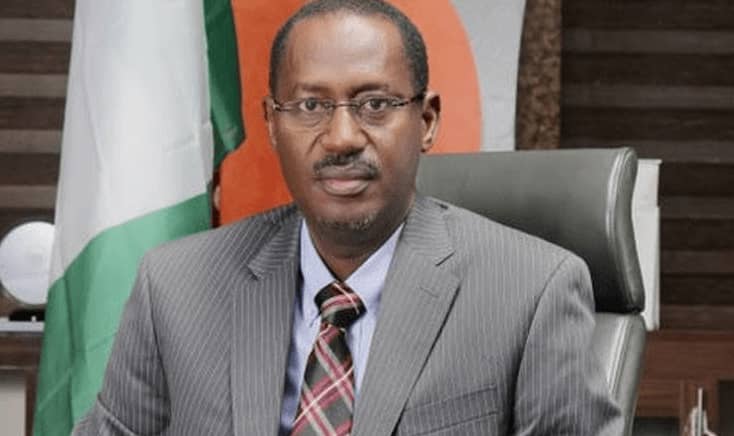The Federal Government, through the Ministry of Housing and Urban Development, has announced implementing over 150 slum upgrading and urban renewal projects across Nigeria’s six geopolitical zones through the National Urban Renewal and Slum Upgrade Programme.
Minister of Housing and Urban Development, Ahmed Dangiwa, said the Ministry had implemented over 150 slum upgrades nationwide.
He said, “What makes these achievements more significant is that they are not being delivered through traditional slow-moving government bureaucracy. Instead, they are being implemented using a blend of innovative financing models, budgetary provision for the Renewed Estates, private sector participation, and fast-tracked land access with the cooperation of the state governors.
In addition to housing construction, we have also implemented over 150 slum upgrading and urban renewal projects across the six geopolitical zones under the National Urban Renewal and Slum Upgrade Programme. These projects are improving access to clean water, electricity, roads, schools, and healthcare in underserved communities, transforming lives in real, tangible ways. We have also operationalised a digital housing portal, which has helped us eliminate middlemen, promote transparency, and ensure that Nigerians from all walks of life can apply for homes with ease, from anywhere in the country or abroad.
He added, “Most importantly, these housing projects are acting as economic stimulators. Each housing unit supports an average of 25 direct and indirect jobs, meaning that our ongoing construction work has already generated over 250,000 jobs for young Nigerians, bricklayers, carpenters, plumbers, tilers, suppliers, and more. We’re not just building houses; we’re building hope, stimulating local economies, empowering communities, and setting a new standard for government-led housing delivery in Nigeria. The Renewed Hope Housing Programme has become a symbol of what is possible when vision meets execution.”
According to the Minister, housing, when done right, was not just about shelter but a major economic growth driver.
The Minister continued, “The economic impact of the Renewed Hope Housing Programme is one of its most powerful and transformative dimensions. Housing, when done right, is not just about shelter; it is a major economic growth driver, and under President Tinubu’s Renewed Hope Agenda, we are deliberately using housing as a tool for inclusive economic empowerment. Let’s begin with job creation. For every single home we build, at least 25 direct and indirect jobs are created across the housing and construction value chain. These include masons, carpenters, plumbers, electricians, tilers, welders, engineers, architects, truck drivers, and suppliers of building materials. With 10,112 housing units currently under construction across the country, that translates to more than 250,000 jobs generated in less than two years. And these are not abstract numbers; they are real incomes in the hands of real people.
He went on, “We have seen artisans earning as much as N120,000 to N150,000 per month on project sites. For many of them, this is the first time they are earning a stable and decent income. These earnings are going straight into local communities, supporting families, paying school fees, stimulating demand for goods and services, and reducing poverty from the ground up. So, beyond the roofs and walls we’re building, we’re creating livelihoods, supporting economic resilience, and restoring hope to families and communities across Nigeria. That is the broader vision of the Renewed Hope Agenda.
The Minister concluded, “The Nigeria Land Registration, Documentation, and Titling Programme is one of the most important structural reforms we are undertaking under the Renewed Hope Agenda because land is the foundation of housing, agriculture, infrastructure, investment, and national development. Today, one of the biggest challenges we face in Nigeria is that over 96 per cent of land remains untitled and undocumented. This means millions of Nigerians live or do business on land that is not legally recognised. Without title documents like certificates of occupancy, they cannot access credit, secure their investments, or even transfer their land to their children with legal certainty. That’s what economists call “dead capital”: assets that exist but cannot be used to create wealth.”

